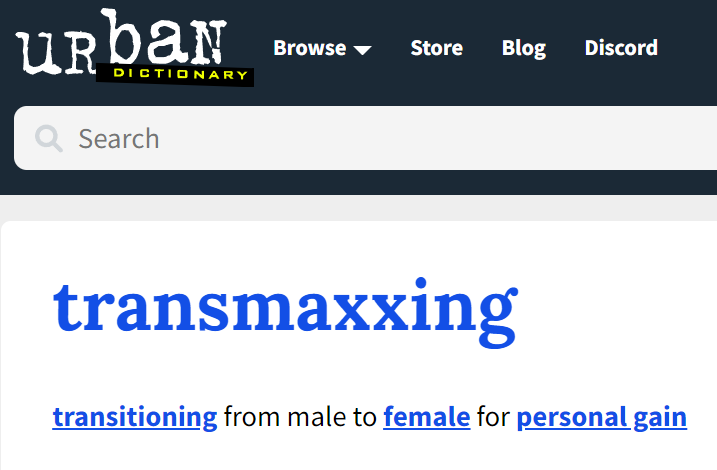Casualties of the family court, AKA fathers and children, are so great in number I wouldn’t be surprised if they outnumbered the collective casualties of all wars over the last century. Each of them were made casualties by a family court culture that sides with mothers bent on establishing ownership of children, a goal achieved via character assassination of fathers, and a performance of damseling.
If women are reduced to proverbial chattel within the English law system, which of course they never were, we can only conclude that children have always been the chattel of the chattel. Ernest B. Bax elaborates this point in the following comment penned in the year 1896:
CUSTODY OF CHILDREN
It has always in England been laid down as a fundamental law based on public policy, that the custody of children and their education is a duty incumbent on the father. It is said to be so fundamental that he is not permitted to waive his exercise of the right by pre-nuptial contract. (See the Agar v. Ellis Case.)
This rule of the Common Law of England is of course in harmony with the policy of all Europe and Christendom, as well as with the historic conditions of the European social organisation, if not with the primal instincts of the race.
Nevertheless, fundamental and necessary as the rule may be, the pro-feminist magistrates and judges of England are bent apparently on ignoring it with a light heart. They have not merely retained the old rule that the custody of infants of tender years remains with the mother until the child attains the age of seven. But they go much further than that. As a matter of course, and without considering in the least the interests of the child, or of society at large, they hand over the custody and education of all the children to the litigant wife, whenever she establishes –an easy thing to do– a flimsy and often farcical case of technical “cruelty.”
The victim husband has the privilege of maintaining the children as well as herself out of his property or earnings, and has the added consolation of knowing that they will brought up to detest him.
Even in the extreme case where a deserting wife takes with her the children of the marriage, there is practically no redress for the husband if in narrow circumstances. The police courts will not interfere. The divorce court, as already stated, is expensive to the point of prohibition. In any case the husband has to face a tribunal already prejudiced in favour of the female, and the attendant scandal of a process will probably have no other result than to injure his children and their future prospects in life.
– Ernest B. Bax, The Legal Subjection of Men (1896 p.16)
Most people reading this will know the story described by Bax all too well. The situation remains unchanged to this very day. What is slightly less well known is the impact on grandparents, especially paternal grandparents who tend to become collateral damage along with the alienated father. Mothers instinctively know that grandparents will side with their son in the face of such brutality, so they make the callous and cynical decision to alienate the paternal grandparents and thereby obliterate all potential for opposition.
Callous is hardly a strong enough word for it, but whatever the appropriate adjectives, here we remain thanks to a gynocentric feminism that has eaten away at family cohesion over the last two centuries.
The chances of this happening to grandparents are extremely high, except on the basis that they demonstrate a sycophantic compliance with, and longsuffering utilitarianism towards the mother and her inflated wants – babysitting on demand, transport to and from school, regularly complimenting the mother on her great single parent skills, and the often clear expectation to ‘pay up’ financially by buying items for the grandchildren or offering large money gifts for Christmas & birthdays – which of course the mother will decide the best use of.
This is the level of extortion that so many alienating mothers resort to – a kind of pay-to-play that grandparents are subjected to. For any self-respecting grandparent the juice may not be worth the squeeze, especially if faced with continued disapproval and grifting.
When it comes to mothers displaying pronounced control issues within the intact young family, it raises the serious question of whether grandparents should form a relationship with grandchildren at the outset, and if so, how deep (or superficial) and how frequent. Such control issues are usually bankable indications that everything will eventually turn to shit, and grand parents need to wise up and decide how best they will deal with the broken relationships issue in advance.
Like the MGTOW response toward an excess in women’s relational and legal power, I wouldn’t be surprised to see an equivalent boycott trend among grandparents emerge – in this case jettisoning a portion of the increasingly vulnerable grandparent role. Grandparents Going Their Own Way (GGTOW). That is not to say that such grandparents would be disowning their son or his progeny – on the contrary – the aim would be to protect both he and his children from a greater heartache in the case of deeply attached bonds being destroyed by the mother.
The cultivation of some distance serves the goal of mitigating the likely heartache were it to happen. The less abiding and less intense the grandparent-grandchild relationship, the less drama there will be with the inevitable fallout. There would be some clear heads prevailing among the casualties, which may be all the better to help pick up the pieces for the ones you love.
Keeping a greater distance, but continuing to demonstrate a believable measure of love and support may be the most practical way for grandparents to maintain stability in the extended family, especially in the event of its collapse.

